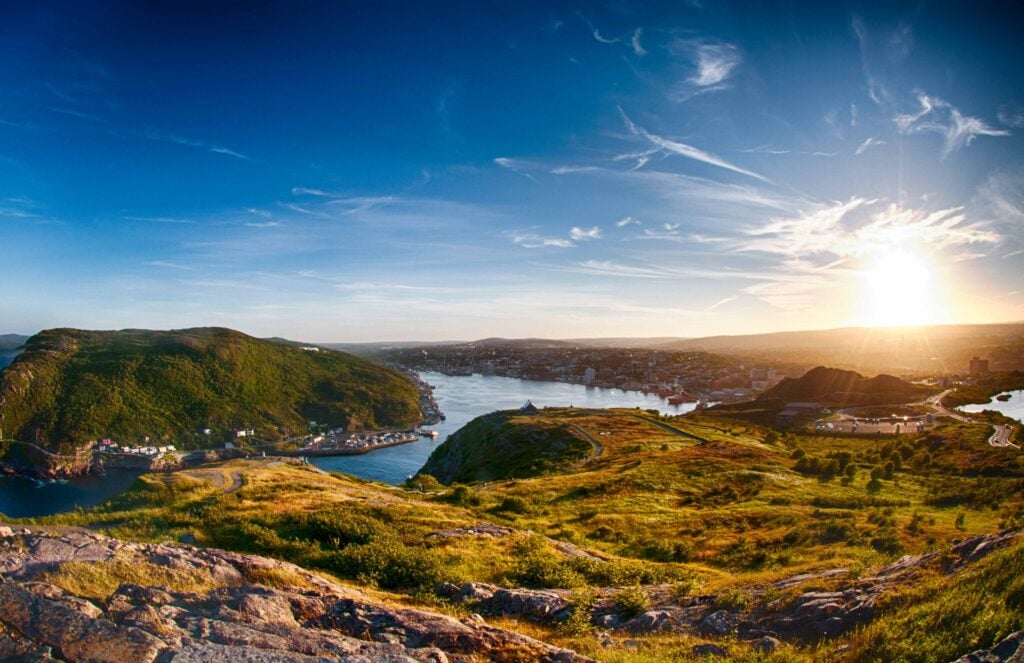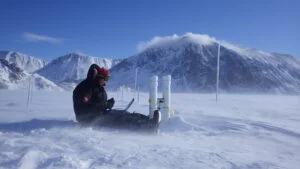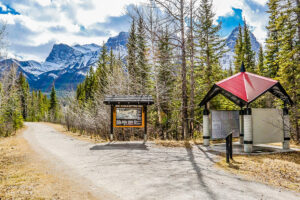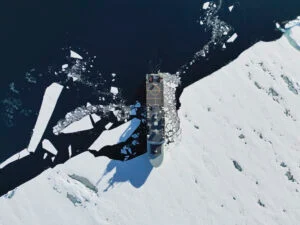Whale watching, endless coastlines, kayaking and more. Newfoundland is the perfect destination for the avid traveller. Overflowing with picturesque beaches and hiking trails, this bountiful province is just waiting to be explored.
Affectionately nicknamed “the Rock,” Newfoundland is both an island and Canada’s easternmost province. But not just any island in the North Atlantic. With an area of 108,860 square kilometres, Newfoundland is the world’s 16th-largest island. This province is made for explorers — from the wild and wonderful landscapes of western Newfoundland to the limestone barrens of the Great Northern Peninsula. Thick boreal forests make up most of central Newfoundland, while sheer cliffs and glacial barrens range along the coast of the Avalon Peninsula in the southeast.
Hearty fishing families have endured the Rock for generations, making a living from the sea and developing a famously extroverted culture rich in folk music and friendly humour, delightful dialects and unique recipes. The best way to experience this rich culture is the old-fashioned way — by sea.
Adventure Canada offers a 12-day small-ship expedition cruise around the island, stopping in some of the area’s most sought-after locations. Beginning and ending in the vibrant capital of St. John’s, this adventure will take travellers full circle through Red Bay, along the northeast coast, to the L’Anse aux Meadows UNESCO World Heritage Site, and more.
Throughout this adventure, guests stay on Adventure Canada’s Ocean Endeavor, an ice-strengthened vessel with spacious rooms. A fleet of Zodiacs transport guests to the stops along the way. And an on-board doctor, paramedic and medical clinic offer peace of mind.
When guests aren’t engaged with land activities, sightseeing from the deck, or simply enjoying the views from the comfort of their cabins, they can explore Ocean Endeavor’s many extras — a salt-water relaxation hot tub, sauna, fully equipped gym, library, gift shop and even an onboard spa. There is a regular schedule of presentations and workshops, and the bravest guests jump into the spirit of the themed parties — or the polar plunge. After a long day of adventure, guests can retire to the Polaris Restaurant with its ocean views — the perfect place to reflect on their adventures.
Royal Canadian Geographical Society Ambassador Jenny Wong is an accomplished photographer who specializes in wild places and creatures, especially those at either pole. Wong always has her camera in hand and is ready to assist guests in their photography practice while participating in Adventure Canada’s Newfoundland Circumnavigation adventure.





